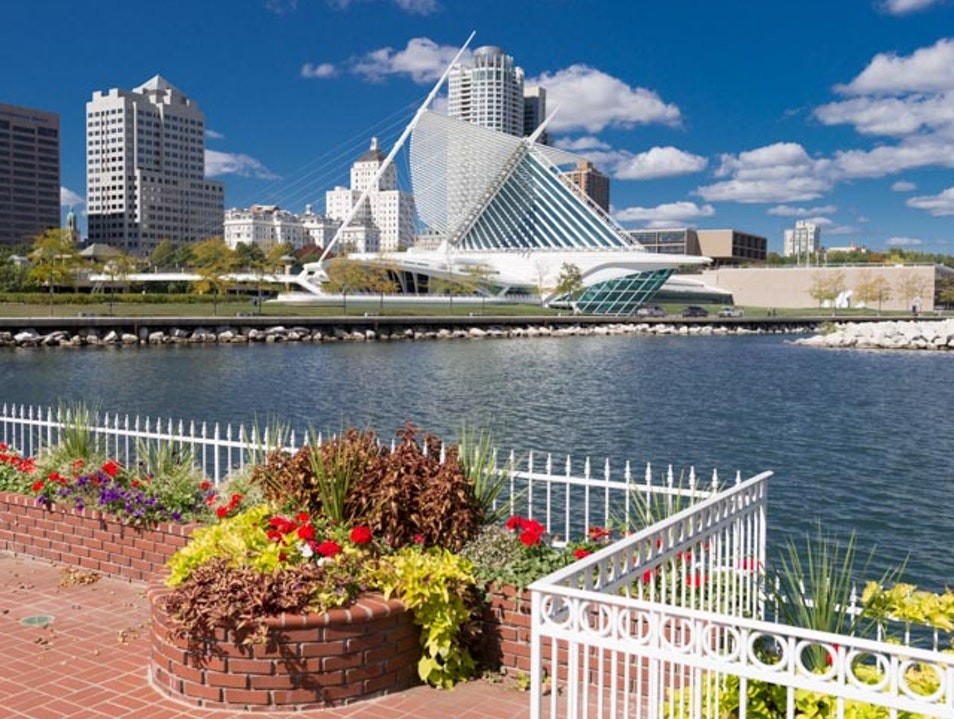
Accurate Basement Repair
With 18 years of experience, we’re not just good, we’re Accurate! Our goal at Accurate Basement Repair is to provide top-quality foundation repair and basement waterproofing services in a professional and efficient manner. We are known as the “real estate transaction repair specialists” and are the #1 referred foundation repair company by professional engineers, basement consultants, realtors, municipal building inspectors, home inspectors, lenders, property management companies and most importantly, our past customers. Our dedicated and educated staff of long-term employees treats each of our customer’s homes as if they were their own. In addition to working year-round, we also maintain a fleet of equipment with some of the newest technologies in the industry, enabling us to continually provide our customers with the best care possible. Waterproofing is rarely a do-it-yourself job. Professionals at Accurate Basement Repair repair drain tile, install dehumidifiers, optimize sump pumps and otherwise provide complete foundation waterproofing services. Our skilled technicians and nationally certified structural repair and waterproofing specialists have been serving Milwaukee homes and businesses since Bon Jovi was headlining Summerfest. We are a local business with an A+ rating from the Better Business Bureau. We use a synergistic approach of continually educating our staff and in turn, educating our homeowners.
Call us at (414) 744-6900 today for your FREE estimate! We’re not just good, we’re Accurate!
Facts About Milwaukee
Milwaukee is the largest city in the state of Wisconsin and the fifth-largest city in the Midwestern United States. The seat of the eponymous county, it is on Lake Michigan’s western shore. Ranked by its estimated 2018 population, Milwaukee was the 31st largest city in the United States. The city’s estimated population in 2018 was 594,511. Milwaukee is the main cultural and economic center of the Milwaukee metropolitan area which had a population of 2,043,904 in the 2014 census estimate. It is the third-most densely populated metropolitan area in The Midwest, surpassed only by Chicago and Detroit, respectively. Milwaukee is considered a Gamma global city as categorized by the Globalization and World Cities Research Network with a regional GDP of over $105 billion. The first Europeans to pass through the area were French Catholic Jesuit missionaries, who were ministering to Native Americans, and fur traders. In 1818, the French Canadian explorer Solomon Juneau settled in the area, and in 1846, Juneau’s town combined with two neighboring towns to incorporate as the city of Milwaukee. Large numbers of German immigrants arrived during the late 1840s, after the German revolutions, with Poles and other eastern European immigrants arriving in the following decades. Milwaukee is known for its brewing traditions, begun with the German immigrants. Beginning in the early 21st century, the city has been undergoing its largest construction boom since the 1960s. Major new additions to the city in the past two decades include the Milwaukee Riverwalk, the Wisconsin Center, Miller Park, The Hop (streetcar system), an expansion to the Milwaukee Art Museum, Milwaukee Repertory Theater, and Pier Wisconsin, as well as major renovations to the UW–Milwaukee Panther Arena. The Fiserv Forum opened in late 2018 and hosts sporting events and concerts. Summerfest, the largest music festival in the world, is also a large economic engine and cultural attraction for the city.
Indigenous cultures lived along the waterways for thousands of years. The first recorded inhabitants of the Milwaukee area are the historic Menominee, Fox, Mascouten, Sauk, Potawatomi, and Ojibwe (all Algic/Algonquian peoples); and Ho-Chunk (Winnebago, a Siouan people) Native American tribes. Many of these people had lived around Green Bay before migrating to the Milwaukee area around the time of European contact. In the second half of the 18th century, the Native Americans living near Milwaukee played a role in all the major European wars on the American continent. During the French and Indian War, a group of “Ojibwas and Pottawattamies from the far [Lake] Michigan” (i.e., the area from Milwaukee to Green Bay) joined the French-Canadian Daniel Liénard de Beaujeu at the Battle of the Monongahela. In the American Revolutionary War, the Native Americans around Milwaukee were some of the few groups to ally with the rebel Continentals. After the Revolutionary War, the Native Americans fought the United States in the Northwest Indian War as part of the Council of Three Fires. During the War of 1812, they held a council in Milwaukee in June 1812, which resulted in their decision to attack Chicago in retaliation against American expansion. This resulted in the Battle of Fort Dearborn on August 15, 1812, the only known armed conflict in the Chicago area. This battle convinced the American government that the Native Americans had to be removed from their land. After being attacked in the Black Hawk War in 1832, the Native Americans in Milwaukee signed the Treaty of Chicago with the United States in 1833. In exchange for their ceding their lands in the area, they were to receive monetary payments and lands west of the Mississippi in Indian Territory.
WHERE TO FIND US:
Accurate Basement Repair
3125 E Allerton Ave, Milwaukee, WI 53235
Call us at (414) 744-6900



